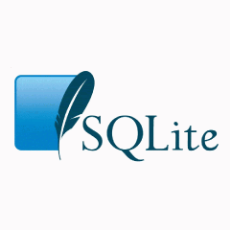Compare Products

|

|
Features Aerospike key-value store (KVS) operations associate keys with a set of named values. On cluster startup, Aerospike configures policy containers—namespaces (RDBMS databases)—which control the retention and reliability requirements for a set of data. Namespaces are divided into sets (RDBMS tables) and records (RDBMS rows). Each record has a unique indexed key, and one or more bins (RDBMS columns) that contain the record values.
Aerospike supports numerous data types used for bin values, as arguments, and as UDF return values.
Aerospike allows value-based queries using secondary indexes, where string and integer bin values are indexed and searched using equality (string or numeric) or range (numeric) filters.
User-Defined Functions (UDFs) extend the functionality and performance capabilities of the Aerospike Database engine.
In Aerospike, the aggregations framework allows fast, flexible query operations. Similar to MapReduce systems, aggregation emits results in a highly parallel fashion.
Aerospike supports large data types (LDTs) that allow individual record bins to efficiently store large collections of elements.
In Aeropike, you can use list data types when dealing with a size-bound list residing in a single bin. List operations allow server manipulation (such as adding or removing an item) without having to read and replace the entire bin value.
Aerospike supports Geospatial store, index, and query.
|
Features * A single-writer/multiple-reader MVCC based transactional concurrency model. SQL style nested sub-transactions are supported. Clients may concurrently access a single LSM database from within a single process or multiple application processes.
* An entire database is stored in a single file on disk.
* Data durability in the face of application or power failure. LSM may optionally use a write-ahead log file when writing to the database to ensure committed transactions are not lost if an application or power failure occurs.
* An API that allows external data compression and/or encryption routines to be used to create and access compressed and/or encrypted databases.
|
LanguagesC Java VB.NET Perl Python Ruby Other |
LanguagesC CPP Python |
Source TypeClosed
|
Source TypeOpen
|
License TypeProprietary |
License TypeGPL |
OS Type |
OS Type |
Pricing
|
Pricing
|
X
Compare Products
Select up to three two products to compare by clicking on the compare icon () of each product.
{{compareToolModel.Error}}Now comparing:
{{product.ProductName | createSubstring:25}} X